11 Things People Stop Buying Once They Finally Make Enough Money To Know Better
It’s not about literacy, but the freedom of choice.
 Ekateryna Zubal | Shutterstock
Ekateryna Zubal | Shutterstock More than half of Americans lack financial literacy skills, according to a study from the World Economic Forum, but having strong financial habits and smart money mindsets doesn’t always have to do with income. The most stable and frugal people could also be the ones making the least amount of money. However, there are certain things people stop buying once they finally make enough money to know better.
Instead of buying things out of necessity or to save money, they can invest in things that add value to their lives and money to their pockets. Like time, money is a freedom that allows people the power to choose what they want and what they don’t.
Here are 11 things people stop buying once they finally make enough money to know better
1. Cheap clothing
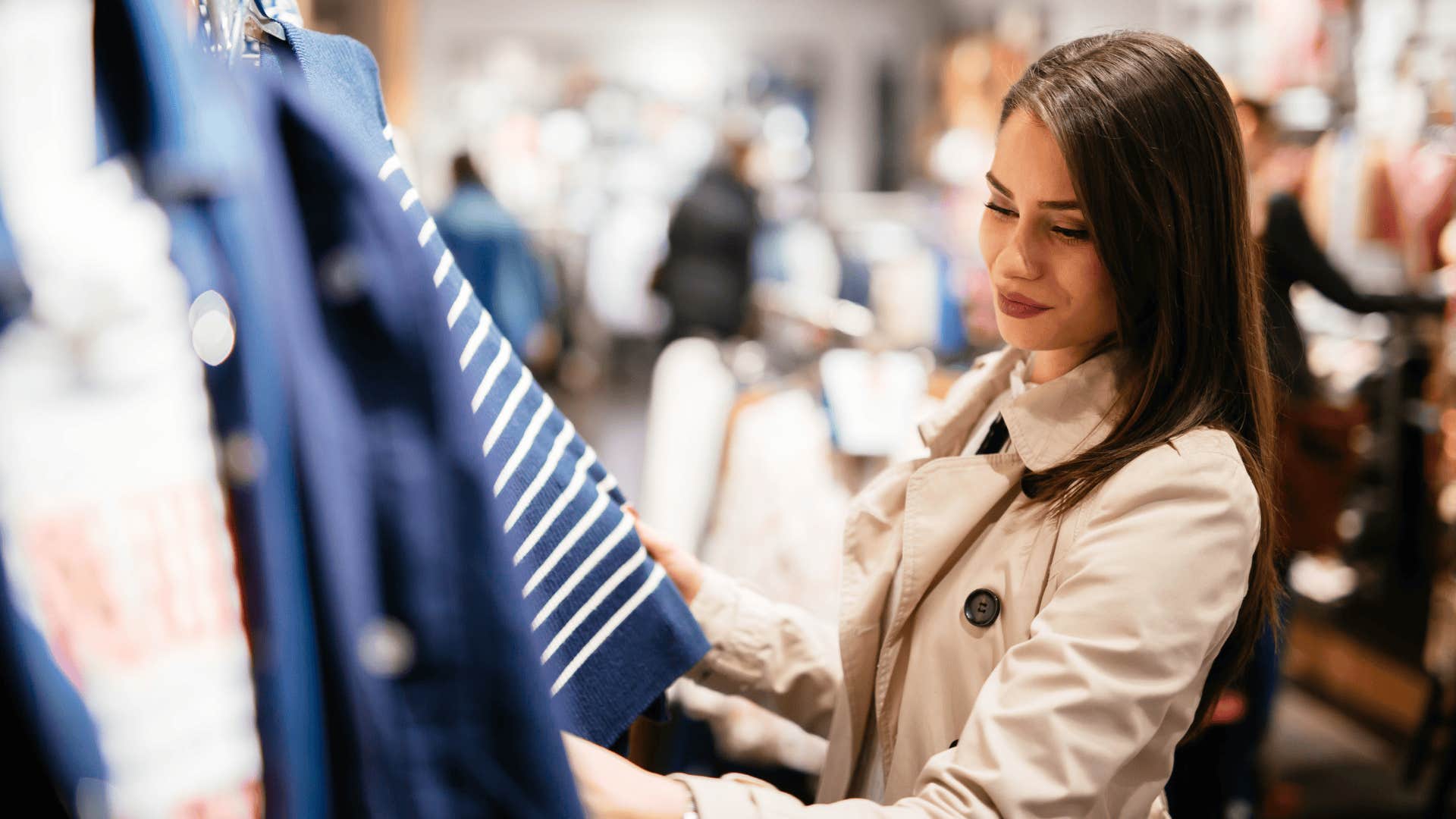 NDAB Creativity | Shutterstock
NDAB Creativity | Shutterstock
Considering cheap clothing and fast fashion are genuinely made out of low-quality materials that don’t last, people who think they’re saving money on “cost-alternative” options actually end up spending more in the long run. That’s why cheap clothing is one of the things people stop buying once they finally make enough money to know better.
When they can afford quality clothing up front, even though they might be more expensive initially, they end up needing to replace and repair their pieces less.
2. Bottled water
 Romanchini | Shutterstock
Romanchini | Shutterstock
Even though buying bulk bottled water might save people time and money in the short term, the cost of investing in this single-use product actually causes people to lose money in the long run. By instead investing in a stainless steel reusable water bottle – one of the things people start buying when they have the money to invest in it up front – they can save more than $1,200 annually.
Even outside of income and financial stability, frugal people stop buying single-use products to save money. While it might require more planning up front to accomplish for someone making less money, in the long run, it can give them more flexibility with their money.
3. Lottery tickets
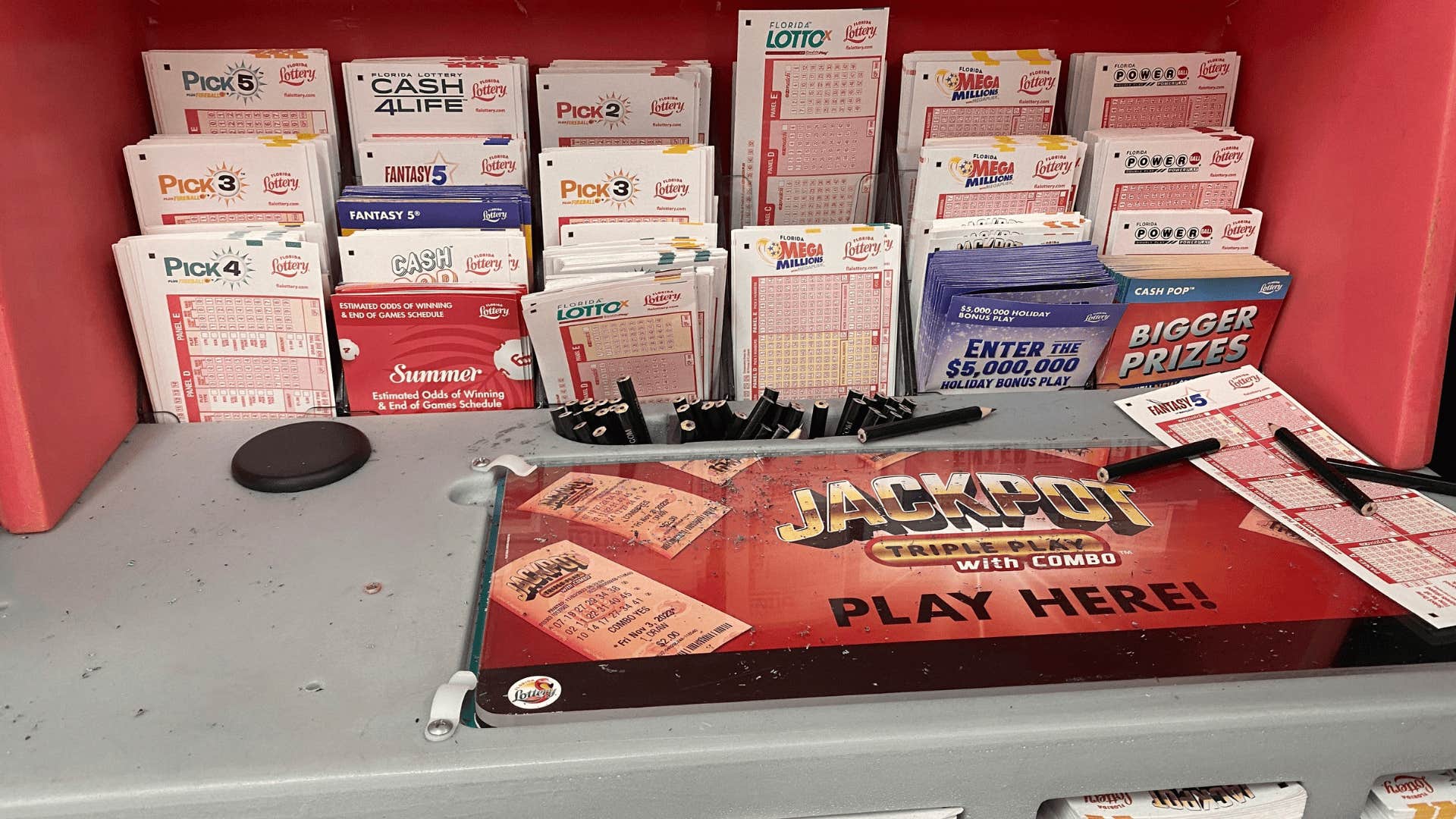 Adam McCullough | Shutterstock
Adam McCullough | Shutterstock
According to The Economist’s data, low-income households spend 33 times more of their income on lottery tickets and gambling than their wealthy counterparts, despite having less disposable income and financial stability to do so.
For many people, it’s an expense that signals hope amid the chaos of their financial worries and struggles – buying a lottery ticket gives them a small chance at changing their economic situation and class.
However, they’re also one of the things people stop buying once they finally make enough money to know better, because when you have money, you have the choice and freedom to make decisions without worrying about how you’re going to afford rent or basic necessities.
4. Cheap furniture
 GBJSTOCK | Shutterstock
GBJSTOCK | Shutterstock
Considering furniture and home decor is one of the most expensive things a person can buy in today’s economy, below other large investments like a home or car, it’s not surprising that low-income people opt for cheaper alternatives, even at the expense of quality. They need somewhere to sit or sleep, but if they don’t have the money to invest in quality, cheap and cost-effective options are their only choice.
However, when they finally make enough money to be able to afford quality items, they end up saving a lot of money in the long run. They don’t have to worry about repairing things or replacing items worn out within a couple of years, so they can put investments in things that will last up front.
5. Flashy status symbols
 Just dance | Shutterstock
Just dance | Shutterstock
Whether it’s a luxury car they can’t actually afford or flashy items like designer handbags, status symbols intended to make average people look richer than they are don’t appeal to people with true wealth.
They’re some of the things people stop buying once they finally make enough money to know better, because they’re not trying to flaunt wealth they don’t have or find community and belonging in misguided consumerist circles. People with true wealth often opt for “quiet luxury” or more subtle pieces that are quality, last, and end up saving them money and time in the long run.
6. Diet and fitness plans
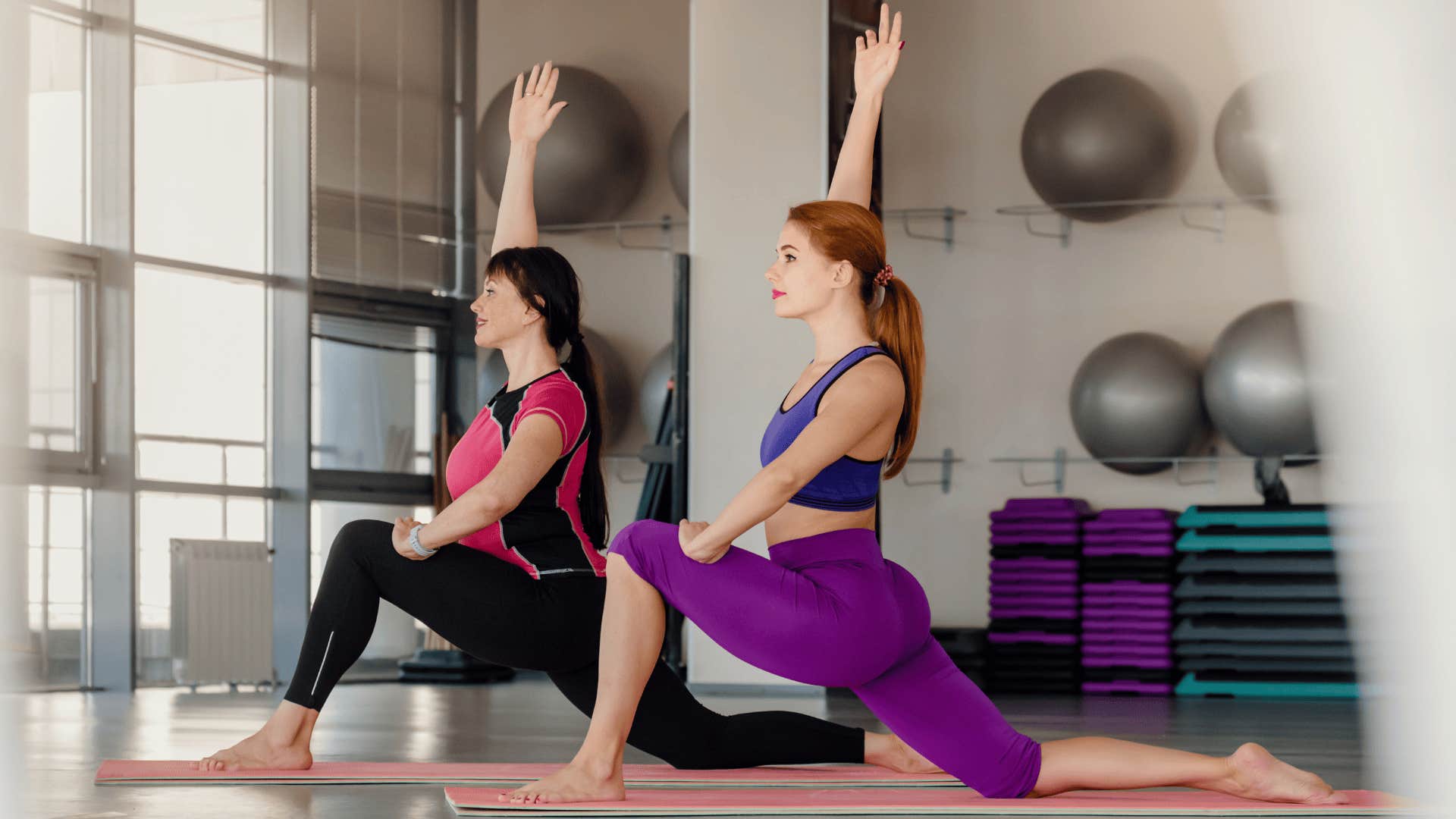 Denys Kurbatov | Shutterstock
Denys Kurbatov | Shutterstock
Diet and fitness plans – whether it’s shakes delivered to their door or workout programs – are some of the things people stop buying once they finally make enough money to know better. Not only are they overpriced, but they also tend to “cut corners” when it comes to truly forming better habits and looking out for holistic health.
People with wealth have the time and money to invest in preventative healthcare instead, using resources like movement, a nutritionist, a fitness coach, and healthy organic groceries to meet their health goals, rather than “quick fixes.”
7. Fast food
 frantic00 | Shutterstock
frantic00 | Shutterstock
With the time and money to invest in nutritious, organic, and healthy groceries without fear of going over budget or compromising other basic expenses, wealthy people no longer rely on fast food or delivery for convenience.
Like a study from the Urban Institute suggests, wealth is linked to better health and longevity for this reason – these people have the free time for movement, the time for learning, and the money to invest in things that protect their wellbeing and mental health in the long run.
8. Overpriced skincare
 AnnaStills | Shutterstock
AnnaStills | Shutterstock
Like many of the other things that low-income people waste their money on, overpriced skincare products and makeup, often advertised on social media and through the trend cycle, are some of the things people stop buying once they finally make enough money to know better.
While low-income people may be yearning for a sense of belonging or to seem more wealthy than they actually are, quietly overspending on luxury items for show, truly rich people know that price doesn’t always equate to quality. They use preventative healthcare, like going to the dermatologist, to maximize their health, not relying on overpriced skincare from TikTok to get the job done.
9. Tons of subscriptions
 Zamrznuti tonovi | Shutterstock
Zamrznuti tonovi | Shutterstock
According to a Bango survey, the average person spends more than $1K annually on streaming services that they often don’t even use. For low-income people, who tend to invest more time into mindless entertainment than their wealthy counterparts, it might feel like the right move to ensure they have options, but it’s one of the things people stop buying once they finally make enough money to know better.
Not only do people tend to resort to other habits and hobbies when they achieve financial stability – active hobbies, rather than mindless entertainment and distraction – they’re smarter about the things they invest in, regardless of their price tag.
10. Trendy decorations
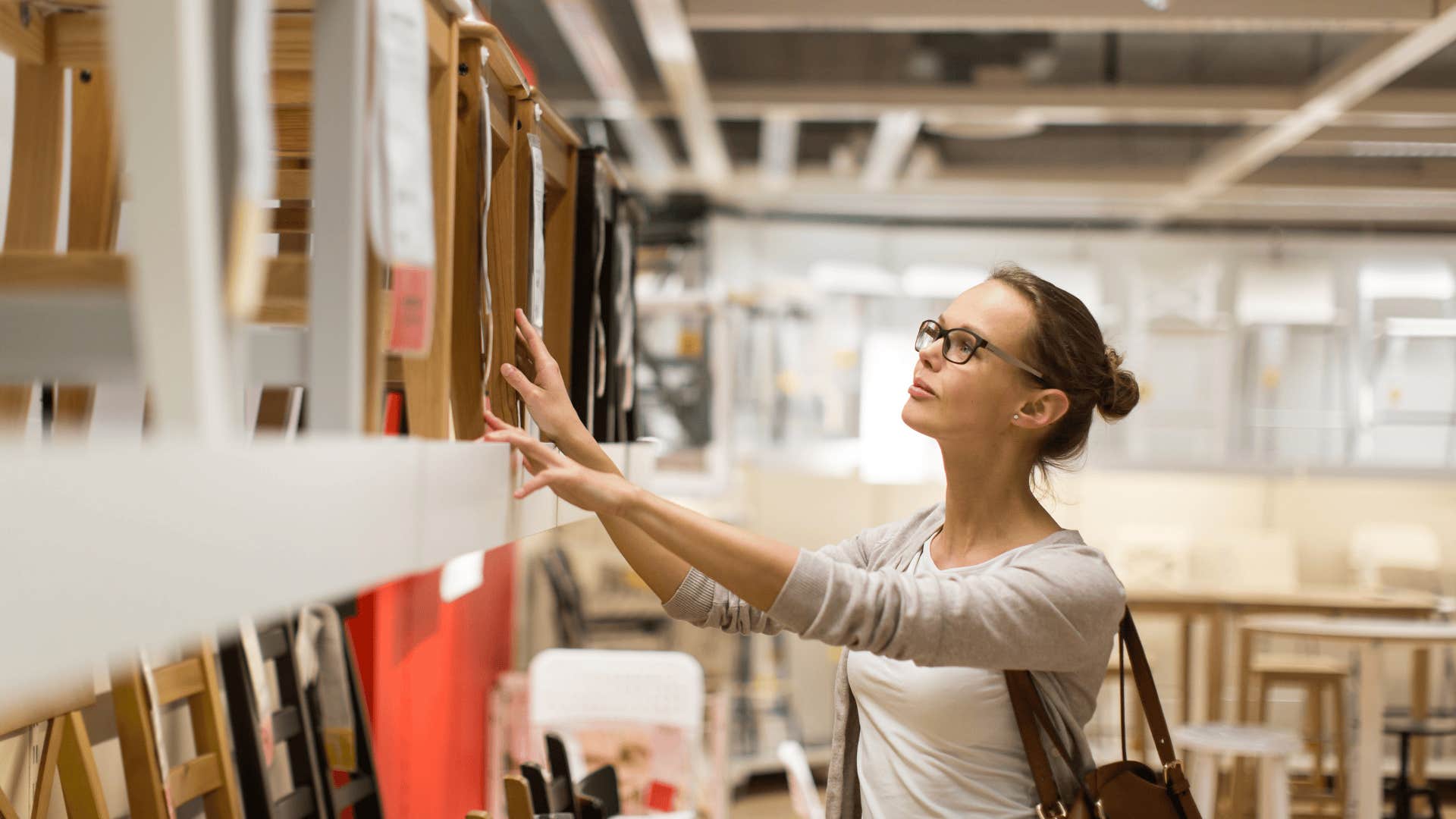 l i g h t p o e t | Shutterstock
l i g h t p o e t | Shutterstock
Like trendy clothing, flashy clothing, and other status symbols, trendy decorations that have no real purpose or ties to self-expression are some of the things people stop buying once they finally make enough money to know better.
Wealthy people would prefer to craft an aesthetic and invest in home decor that actually means something to them, so even if it means spending more money up front, they’re willing to do so to prioritize their comfort, productivity, and happiness.
11. Souvenirs from every trip
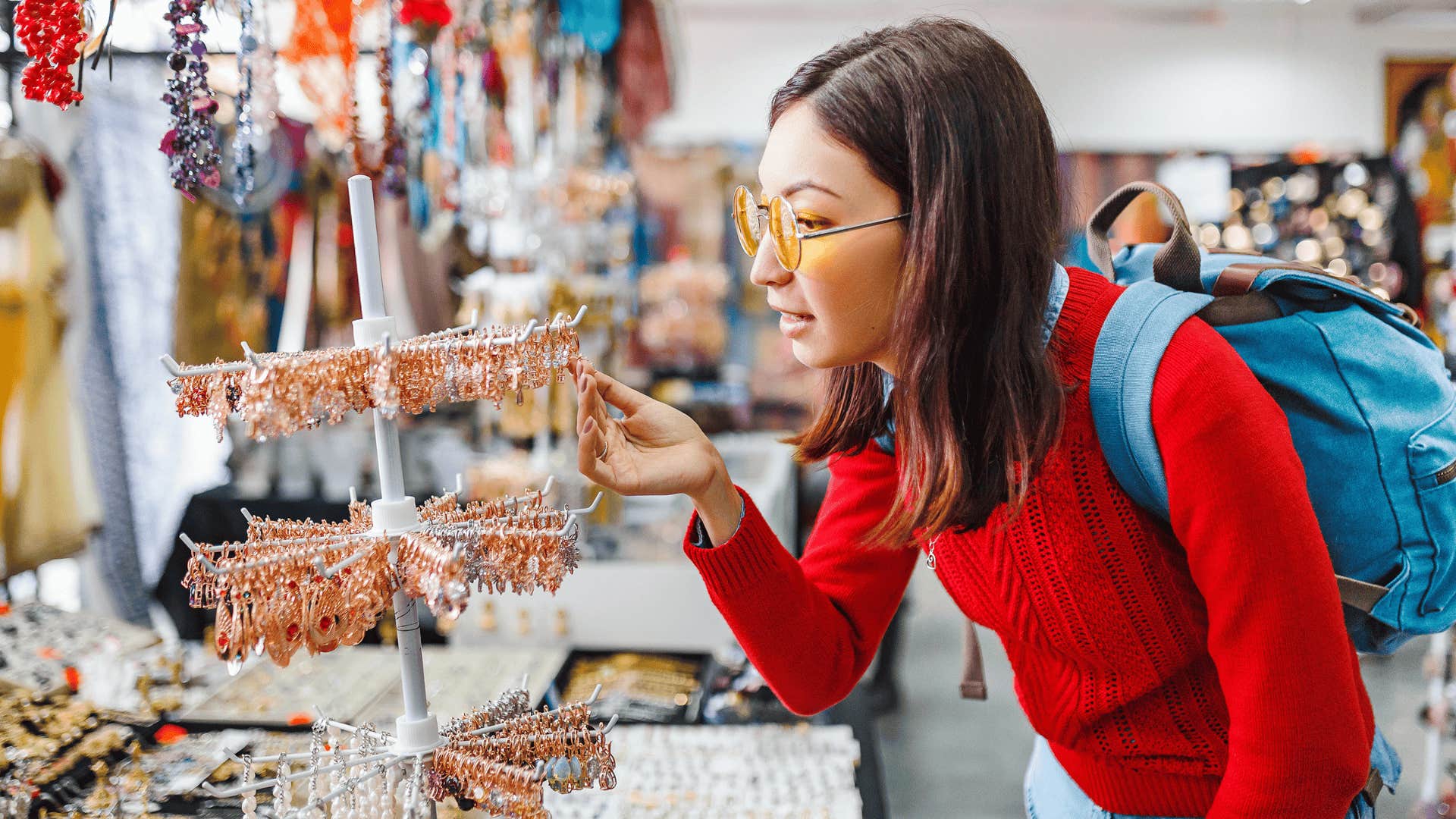 frantic00 | Shutterstock
frantic00 | Shutterstock
While lower-income folks, who don’t get to travel or go on vacations very often, buying sentimental things and souvenirs can feel like a useful expense. Even if they don’t fit comfortably in their living spaces or cause clutter that affects their mental health later, they yearn for the memory of being carefree without financial, professional, or personal stress.
However, these random objects and souvenirs are some of the things people stop buying once they finally have enough money to know better, because wealthy people can just decide to go back. They can take a vacation or choose to travel impulsively, without stressing over money, so they don’t feel attached to cheap material things that don’t serve them.
Zayda Slabbekoorn is a staff writer with a bachelor’s degree in social relations & policy and gender studies who focuses on psychology, relationships, self-help, and human interest stories.

